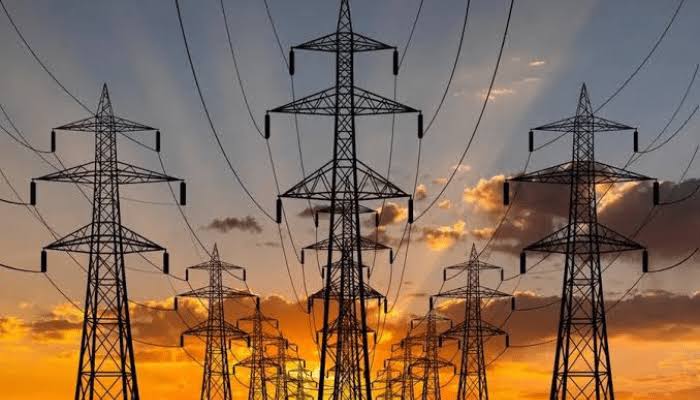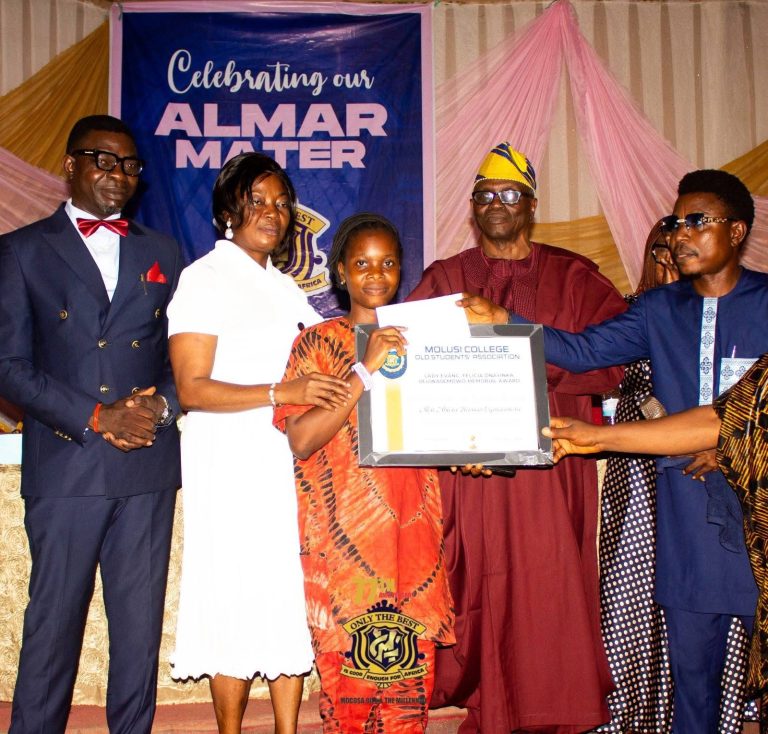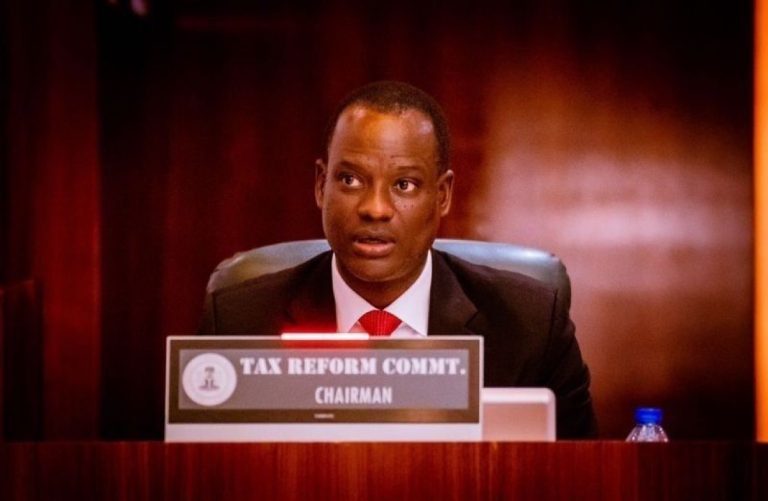
Power companies will be allowed to raise electricity prices to N200 ($0.15) per kilowatt-hour from N68 for urban consumers this month, the Bloomberg news agency, citing sources, reported Tuesday.
It was learnt that these customers represent 15% of the population that the government says consume 40% of the nation’s electricity, the agency said.
Bloomberg said Nigeria plans to almost triple energy prices within weeks.
It quoted people in the presidency with knowledge of the matter saying this was in a bid to attract new investment and slash about $2.3 billion spent to cap tariffs (subsidies).
According to the news agency, “Nigerians will now have to pay $2.42 per one million British thermal units from the previous rate of $2.18 MMBtu.”
This revelation is coming in the wake of Monday’s announcement by the Nigerian Midstream and Downstream Petroleum Regulatory Authority (NMDPRA) of an increase in the price of natural gas, which is used to generate more than 70% of electricity in Nigeria.
NMDPRA had set a new 2024 base gas price for companies in the power sector and commercial users.
This was contained in a statement signed by Farouk Ahmed, the authority’s chief executive.
Nigeria had privatised generation and distribution in 2013, and tariffs are set by the Nigeria Electricity Regulatory Commission (NERC), a government-controlled body.
Bloomberg said, “Power firms aren’t allowed to charge enough to recover the cost of distributing electricity, with the government paying the difference as a subsidy to companies in the sector.
“The government has in the past said that electricity companies are short of an estimated two trillion naira in capital and need new investors to revive the industry!”
But activists who spoke to our correspondents yesterday expressed shock, saying it would be impossible for Nigerians to bear outright removal of subsidy on electricity, in addition to the removal of fuel subsidy, which had in turn made life unbearable.
When contacted by Daily Trust yesterday, the General Manager, Public Affairs of NERC, Dr Usman Arabi, did not respond to calls and text messages sent.




